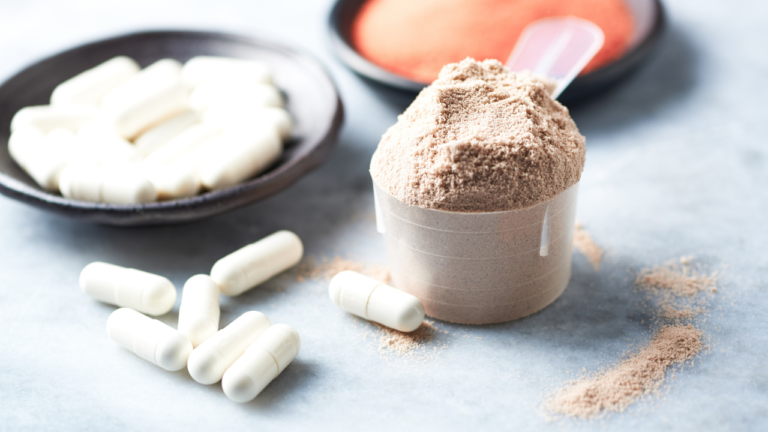Maca Root

Maca, also known as Lepidium meyenii, is a plant native to the high-altitude regions of the Andes Mountains in Peru.
It has been cultivated and used as a medicinal herb for thousands of years by the indigenous people of the Andes.
Maca is rich in several essential nutrients, including vitamins (B vitamins, vitamin C, and E), minerals (calcium, potassium, iron, and zinc), and amino acids.
It also contains fiber and beneficial plant compounds, such as glucosinolates and polyphenols.
Maca is classified as an adaptogen, which means it helps the body adapt to various stressors and promotes overall well-being. It’s believed to balance hormone levels, enhance energy and stamina, and support the body’s response to physical and mental stress.
One of the most well-known benefits of maca is its potential to support hormonal balance.
It may help regulate the production and balance of hormones in the body, especially in relation to thyroid and reproductive health. Maca is often used by both men and women to support fertility, libido, and menstrual cycle regulation.
Maca is often consumed to boost energy levels and enhance physical performance. It’s commonly used by athletes and active individuals as a natural alternative to synthetic energy supplements. Maca is believed to improve stamina, reduce fatigue, and enhance endurance during physical activities.
Maca has gained popularity as a natural aphrodisiac and is often used to improve sexual function and libido. It may help increase sexual desire, improve erectile function in men, and alleviate symptoms of sexual dysfunction.
Maca is sometimes used to support mood and mental well-being.
It’s believed to help reduce symptoms of depression, anxiety, and stress. Some studies have suggested that maca may have a positive impact on cognitive function and memory, but more research is needed in this area.
Maca is available in various forms, including powder, capsules, extracts, and as an ingredient in some food products. The powder form is the most common and can be easily added to smoothies, beverages, baked goods, and other recipes.
Maca is generally considered safe for most people when consumed in moderate amounts. However, like any dietary supplement, it may cause side effects in some individuals, such as digestive issues or hormonal changes.
Maca dosage can vary depending on factors such as age, health condition, and specific goals. It’s important to note that there is no standardized dosage for maca, and individual responses may vary.
Guidelines for Taking Maca
It’s generally recommended to start with a lower dose and gradually increase if needed.
Powdered Maca: The most common form of maca is in powdered form. A typical starting dose is around 1 teaspoon (approximately 5 grams) per day. You can mix it into smoothies, yogurt, oatmeal, or other foods and beverages. If needed, you can gradually increase the dosage up to 3 teaspoons (15 grams) per day.
Maca Capsules: Maca is also available in capsule form, which provides a convenient and pre-measured dosage. Follow the instructions on the product label for the recommended dosage. Typically, it’s suggested to take 1 to 3 capsules (around 500 to 1,000 milligrams) per day.
Extracts and Tinctures: Maca extracts and tinctures are more concentrated forms of maca. Follow the instructions provided by the manufacturer or consult with a healthcare professional for the appropriate dosage.
Cycling Maca: Some people choose to cycle their maca intake, taking it for a specific period and then taking a break. For example, you might take maca for several weeks or months and then have a break of one or two weeks before resuming. This cycling approach may help prevent tolerance or maintain the effectiveness of maca over time.
It’s important to remember that everyone’s body is unique, so the optimal dosage for you may vary.
If you’re unsure about the appropriate dosage or have any concerns, it’s recommended to consult with a healthcare professional or a qualified herbalist who can provide personalized guidance based on your specific needs and health status.
It’s worth noting that while maca has been traditionally used and has anecdotal evidence supporting its benefits, scientific research on its efficacy is still limited. As with any natural remedy, it’s always advisable to consult with a healthcare professional for personalized advice and guidance.






